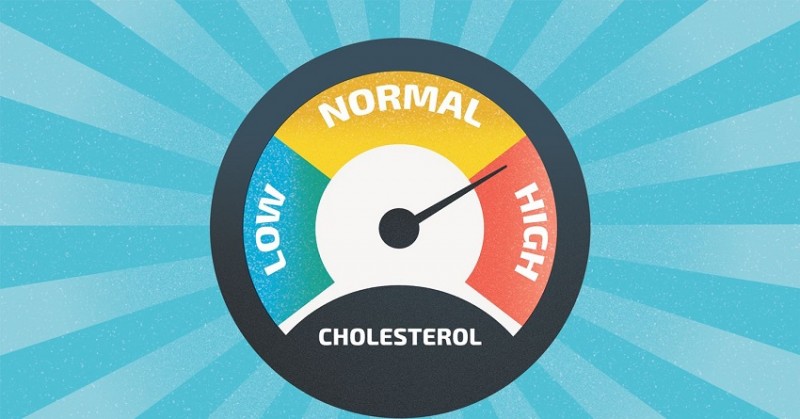
In the intricate symphony of our bodies, there are often whispers that signal underlying health issues. One such concern that demands our attention is high cholesterol. While it's often associated with overt symptoms like chest pain or heart palpitations, there are subtler cues that your body may be trying to communicate. Understanding these subtle signals can empower you to take proactive steps towards managing your cholesterol levels and safeguarding your heart health.
1. Yellowish Deposits Around Eyes
Ever noticed tiny yellowish bumps around your eyelids? These could be a sign of high cholesterol levels. These deposits, known as xanthelasma, occur due to the accumulation of cholesterol-rich lipids beneath the skin. While they are typically harmless, they serve as a visible indicator of potential cholesterol imbalance.
2. Recurrent Tendon Pain or Swelling
Do you experience unexplained pain or swelling in your tendons, particularly around your elbows, knees, or ankles? High cholesterol levels might be the culprit. Excessive cholesterol can lead to the formation of painful deposits called tendon xanthomas. These nodules can interfere with your mobility and indicate the need for cholesterol management.
3. Discolored or Pale Patches on Your Skin
Skin manifestations can offer valuable insights into your cholesterol status. Discolored or pale patches, especially on your hands, feet, or around joints, could suggest cholesterol-related issues. These patches, known as eruptive xanthomas, result from the buildup of cholesterol in the skin's layers, indicating an underlying metabolic imbalance.
4. Hair Loss or Thinning
While various factors contribute to hair loss or thinning, high cholesterol can exacerbate these issues. Elevated cholesterol levels may impair blood flow to the scalp, depriving hair follicles of essential nutrients and oxygen. Consequently, paying attention to changes in your hair texture or noticing increased shedding can prompt further investigation into your cholesterol levels.
5. Erectile Dysfunction in Men
For men, erectile dysfunction (ED) could serve as a subtle yet significant warning sign of high cholesterol. Research suggests a strong link between ED and cardiovascular health, with high cholesterol contributing to impaired blood flow, a key factor in erectile function. Addressing cholesterol concerns may not only improve heart health but also enhance sexual wellness.
6. Frequent Digestive Issues
Your digestive system can also provide clues about your cholesterol levels. Persistent digestive problems like bloating, indigestion, or frequent diarrhea might be indicative of cholesterol imbalances. Excessive cholesterol can interfere with bile production, hampering the digestion and absorption of fats, leading to gastrointestinal discomfort.
7. Chronic Fatigue or Weakness
Feeling persistently fatigued or weak despite adequate rest and nutrition? High cholesterol levels could be silently sapping your energy reserves. Reduced blood flow due to cholesterol buildup can impair oxygen delivery to tissues, leaving you feeling drained and lethargic. Addressing cholesterol concerns may help alleviate fatigue and restore vitality.
Recognizing these subtle body signals can serve as a proactive step in managing your cholesterol levels and preserving your heart health. While these indicators may not always signify high cholesterol in isolation, they warrant attention and further evaluation, especially if accompanied by other risk factors such as poor diet, sedentary lifestyle, or family history of heart disease.
Consulting with a healthcare professional is crucial for accurate diagnosis and personalized management strategies. Through lifestyle modifications, dietary adjustments, and, if necessary, medication, you can take charge of your cholesterol levels and embark on a journey towards a healthier, more vibrant life. Listen to your body's whispers, and prioritize your cardiovascular well-being for a brighter, cholesterol-balanced future.